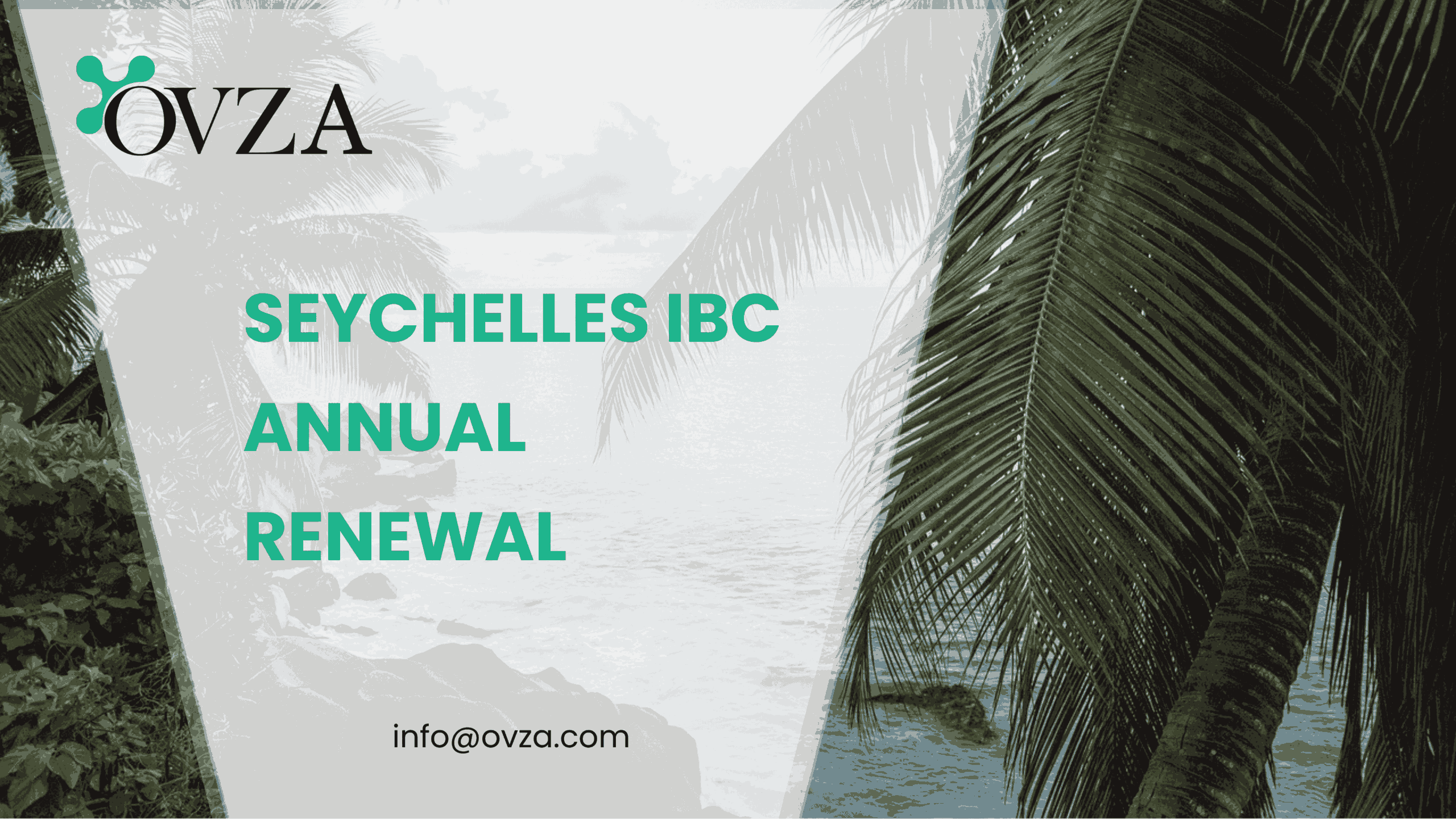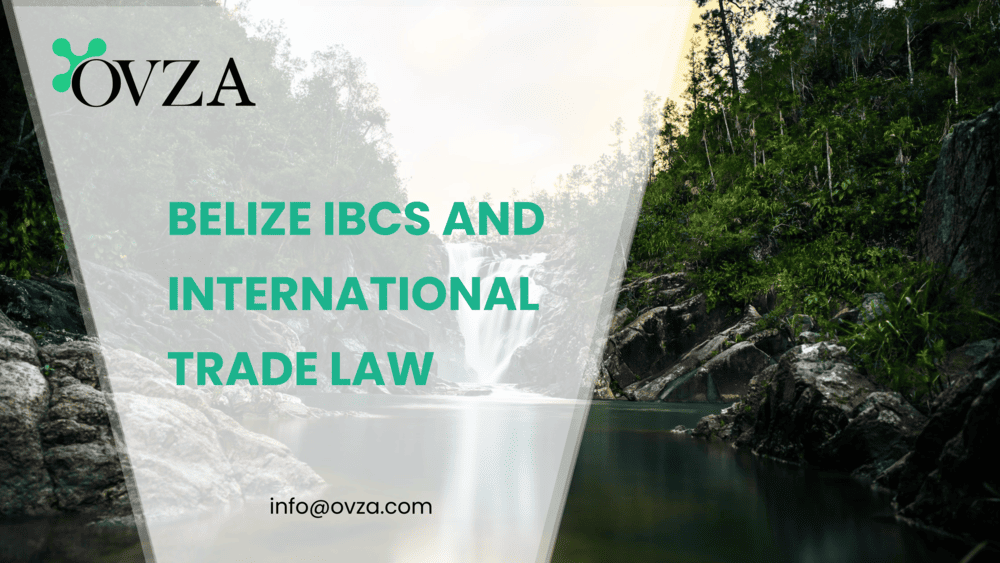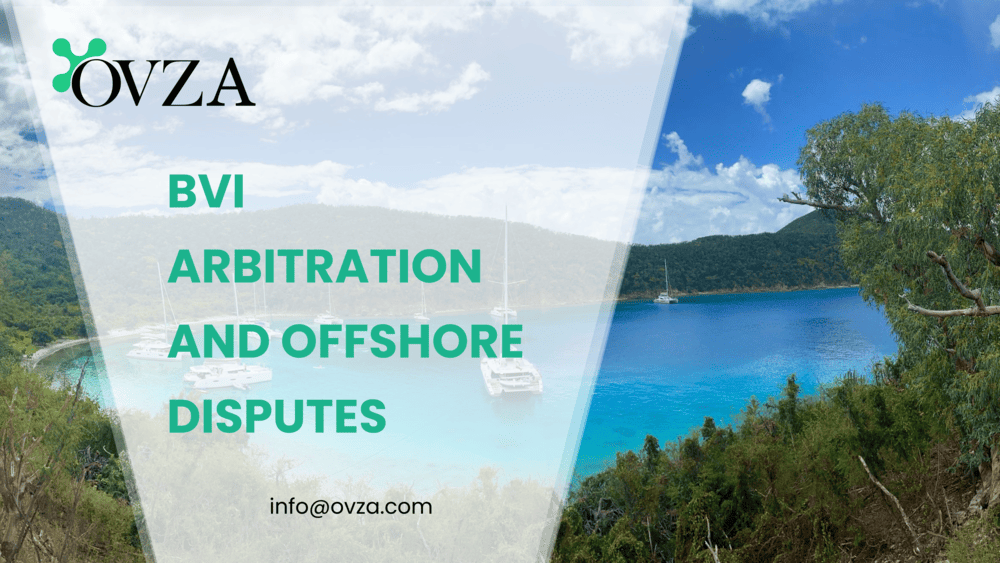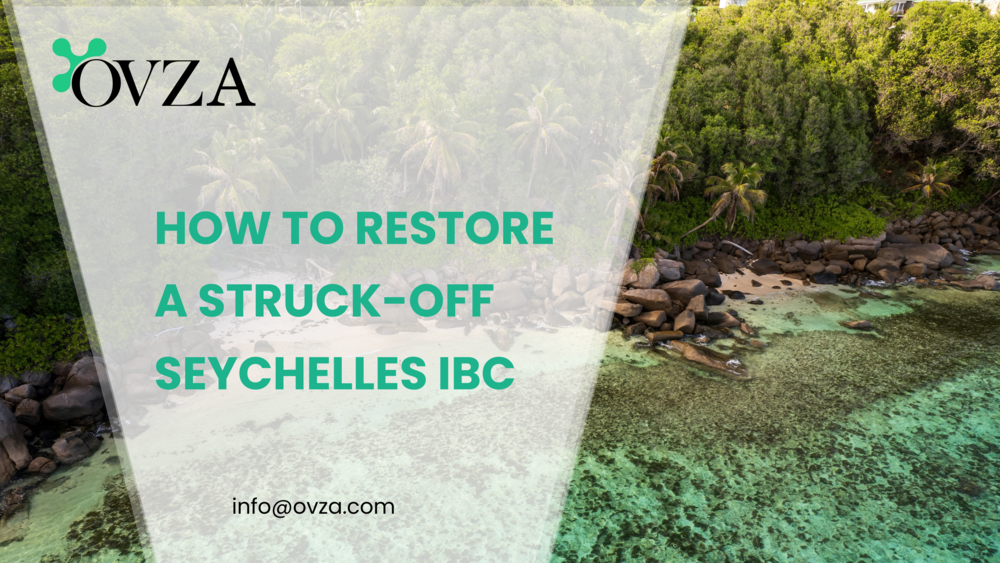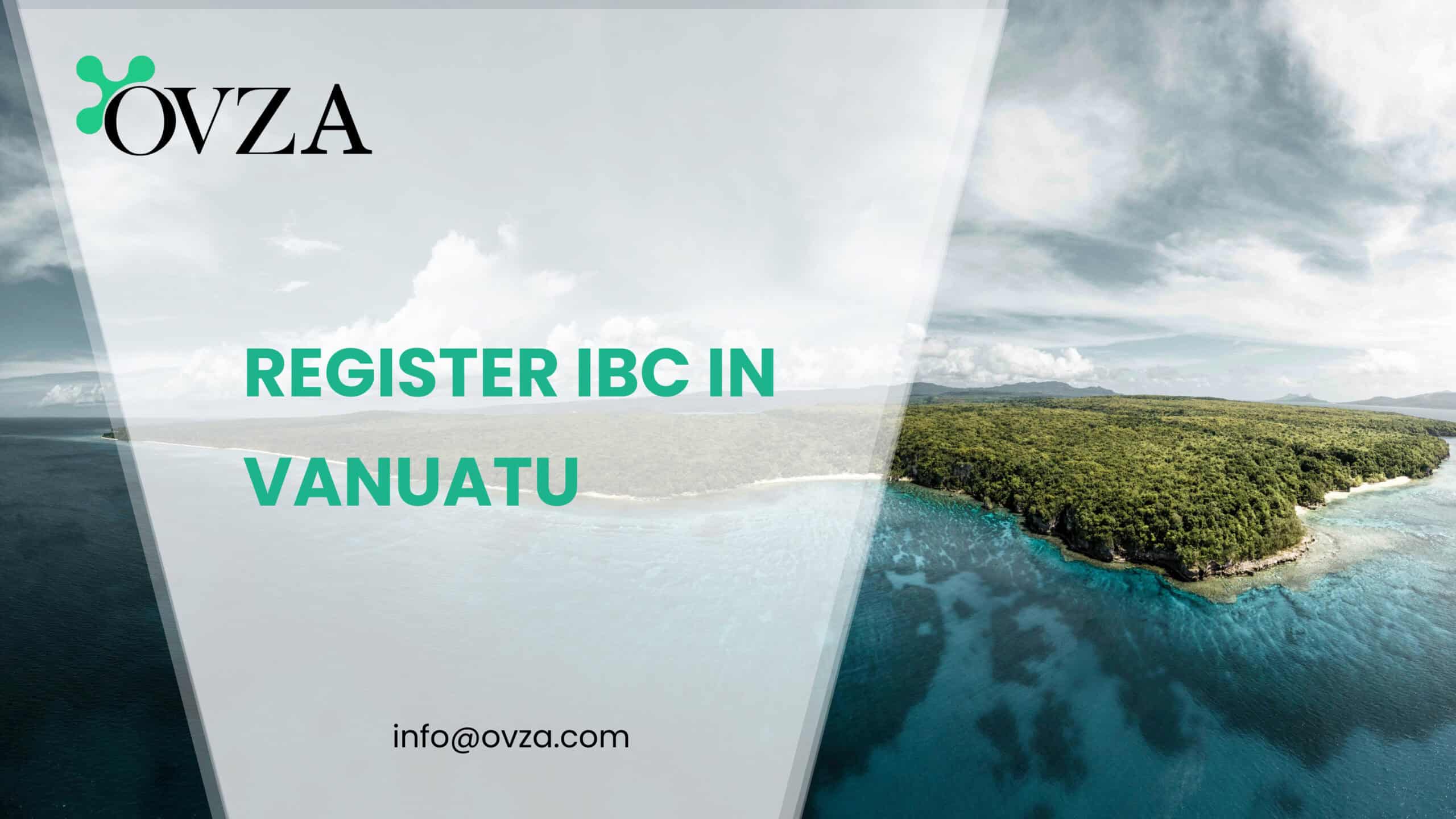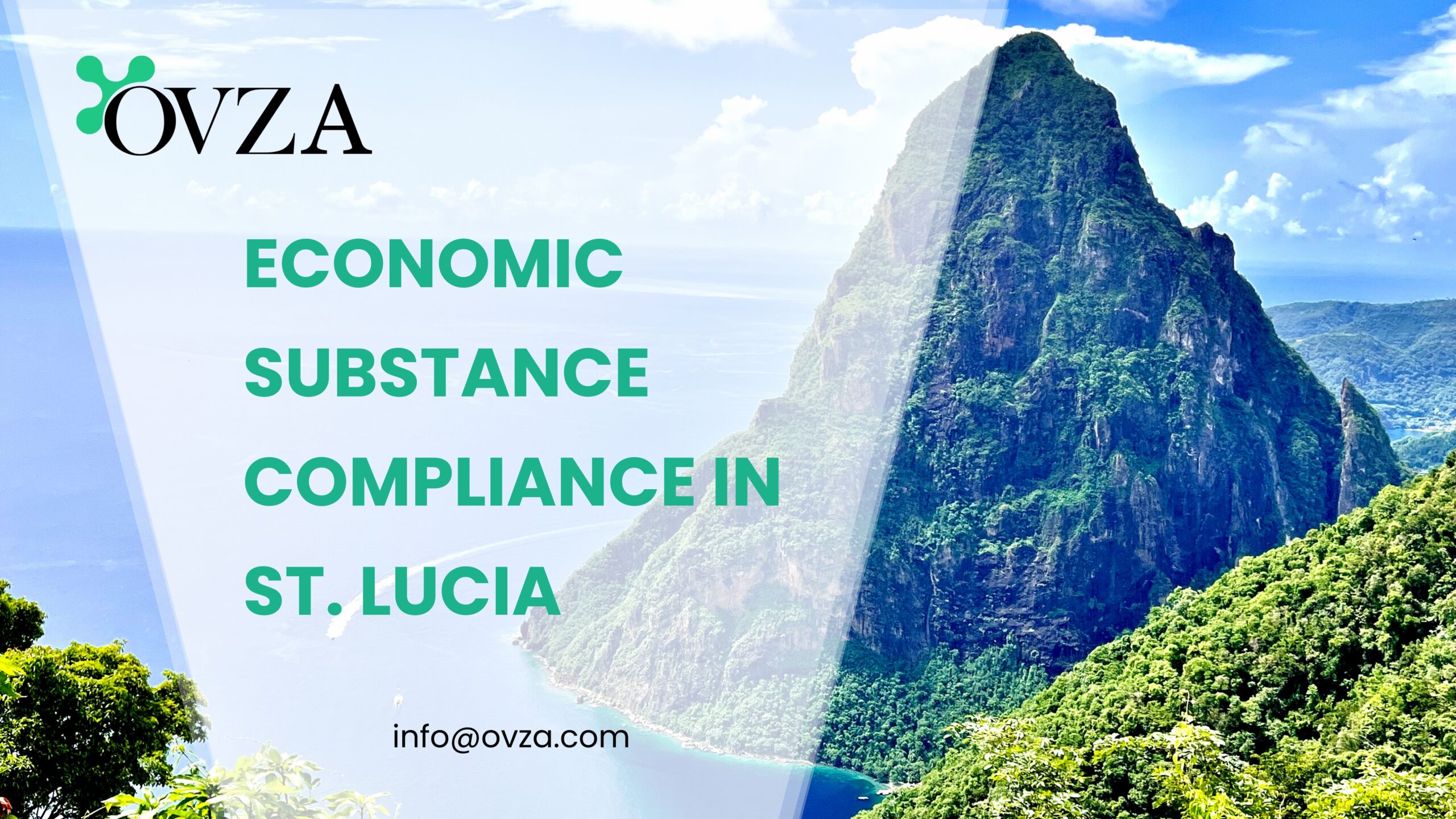An offshore LLC is a limited liability company formed in a foreign jurisdiction for asset protection, privacy, and international business. Despite its widespread use, the concept of an offshore LLC is often misunderstood.
In this guide, we’ll break down exactly what an offshore LLC is, why people form them, and how they differ from traditional business entities.
What Is an Offshore LLC?
An offshore LLC is a limited liability company that is formed outside the country of residence of its owner. The term “offshore” refers to jurisdictions that are typically used for international structuring due to their favorable legal, tax, or privacy regimes. Unlike domestic companies, an offshore LLC is governed by the corporate laws of the jurisdiction in which it is registered—such as Nevis, Belize, Seychelles, or the British Virgin Islands—making it suitable for international asset holding, digital business, and tax-neutral operations.
The concept is widely accepted and entirely legal when used correctly. An offshore LLC offers many of the same benefits as a traditional LLC, including limited liability for its owners and a flexible operating structure. However, it often goes further by allowing a high level of privacy, fewer reporting requirements, and—in many jurisdictions—no local taxation if the company earns no income within the jurisdiction.
Why Do People Use Offshore LLCs?
People choose to form an offshore LLC for many reasons, but most commonly to protect assets, gain operational freedom, or facilitate global trade and investment. For example, a business owner with clients around the world might choose to operate through an offshore LLC to simplify international contracts and banking. Others may use an offshore LLC to hold intellectual property, manage investment portfolios, or create a neutral structure for international partnerships.
In addition to its flexibility, the offshore LLC is popular because it can often be formed quickly, maintained cost-effectively, and operated with minimal local interference. While offshore LLCs do not eliminate personal or domestic tax obligations, they are frequently used as part of broader international tax planning strategies to separate income streams or reduce exposure to high-tax jurisdictions.
How to Form an Offshore LLC and What You Need
To begin the registration of an offshore LLC, clients are typically required to provide two sets of documentation.
The first is a notarized proof of identity, which may include a valid passport or a government-issued identity card. This ensures that the authorities and registered agent can verify the identity of the beneficial owner in line with international KYC (Know Your Customer) regulations.
The second requirement is a notarized proof of address. This can be a recent utility bill, a bank statement, or any other official document that clearly shows the client’s full name and residential address. The document must usually be dated within the last three months and must be legible, with all key details visible. Both sets of documents are reviewed by the registered agent before the offshore LLC can be officially formed.
Providing these documents is a standard part of forming any legitimate offshore LLC. While the process may appear procedural, it is essential for maintaining international compliance standards and protecting the integrity of the offshore financial system. Once these documents are submitted and verified, the formation of the offshore LLC can typically proceed without delay.
What Jurisdictions Offer Offshore LLCs?
When it comes to choosing where to form an offshore LLC, not all jurisdictions are created equal. Some offer LLC structures specifically tailored for international asset protection, privacy, and simplified tax treatment, while others focus on IBCs or more traditional entities.
Below is a chart of the 13 supported jurisdictions where you can register an offshore LLC or equivalent flexible company structure, depending on your goals:
| Jurisdiction | LLC Availability | Key Features |
| Belize | ✅ Yes | Strong privacy, no tax on foreign income |
| Seychelles | ✅ Yes | Low-cost, simple setup, confidential ownership |
| St. Kitts & Nevis | ✅ Yes | Asset protection, charging order protection |
| Marshall Islands | ✅ Yes | Ideal for maritime and international structuring |
| St. Vincent & the Grenadines | ✅ Yes | Affordable LLCs, crypto-friendly jurisdiction |
| Samoa | ✅ Yes | Common law system, flexible corporate rules |
| Saint Lucia | ✅ Yes | Strong legal framework, zero tax on offshore profits |
| British Virgin Islands | ⚠️ No LLC, but strong IBC | Popular for IBCs, globally respected legal system |
| Cayman Islands | ⚠️ No LLC, but exempt Co. | Excellent for investment funds and holding companies |
| Bahamas | ⚠️ No LLC, but IBC | Offshore banking and private foundations available |
| Anguilla | ⚠️ No LLC, but IBC | Confidentiality and stable legal environment |
| Antigua and Barbuda | ⚠️ No LLC, but IBC | Flexible licensing and government incentives |
| Vanuatu | ⚠️ No LLC, but IBC | Quick setup and limited reporting obligations |
While all of these jurisdictions support some form of offshore company, only a select few actually use the LLC format. In others, an IBC serves the same practical purpose and provides comparable benefits.
Choosing the right jurisdiction for your offshore LLC depends on your priorities—whether that’s asset protection, tax neutrality, ease of banking, or confidentiality. Some clients prioritize strong asset protection (like Nevis), while others seek a cost-effective setup (like Belize or Seychelles). OVZA helps clients select the best-fit jurisdiction based on their business model, compliance needs, and long-term goals.
Conclusion
The decision to form an offshore LLC ultimately depends on your goals, your business model, and your willingness to comply with both local and international regulations. For entrepreneurs, consultants, online business owners, and international investors, the offshore LLC offers a flexible and efficient structure to manage global operations, protect personal assets, and potentially optimize tax exposure.
However, it’s not a one-size-fits-all solution. A well-structured offshore LLC requires careful planning, transparent documentation, and jurisdictional insight. It must be formed with a clear, lawful purpose and be maintained in line with evolving compliance standards. Choosing the right jurisdiction—whether it’s Belize, Nevis, Seychelles, or another location—can significantly affect the company’s effectiveness and long-term viability.
Whether you’re protecting intellectual property, scaling your online venture, or expanding across borders, the offshore LLC remains one of the most versatile and reliable tools available in the international business world.
Disclaimer: The information provided on this website is intended for general reference and educational purposes only. While OVZA makes every effort to ensure accuracy and timeliness, the content should not be considered legal, financial, or tax advice.



